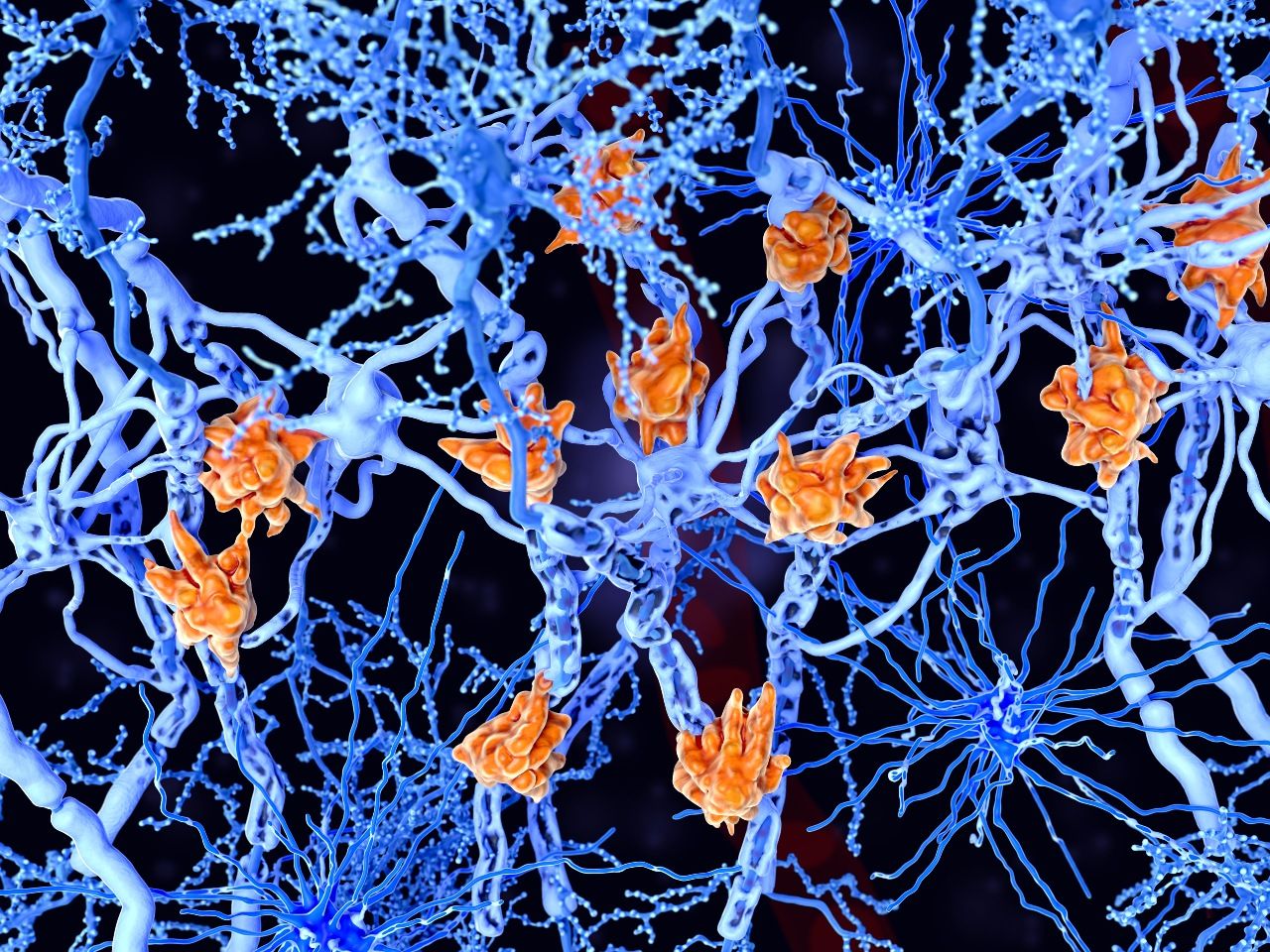- Center on Health Equity & Access
- Clinical
- Health Care Cost
- Health Care Delivery
- Insurance
- Policy
- Technology
- Value-Based Care
New Evidence Strengthens Case for Modifiable Risk Factors in Multiple Sclerosis
Diet and metabolic health may have causal effects on MS development, suggesting that a healthy weight, controlling glucose levels, and reducing red meat intake may delay or prevent onset.
An extensive Mendelian randomization (MR) analysis published in Food Science & Nutrition identifies several modifiable lifestyle and metabolic factors that may causally influence the risk of developing multiple sclerosis (MS).1 The research, which analyzed 29 distinct traits related to dietary factors, metabolic factors, sleep disorders, and physical activity, suggests that increased pork consumption, higher body mass index (BMI), and type 2 diabetes mellitus (T2DM) may increase MS risk, while moderate to vigorous physical activity (MVPA) appears to provide protective benefits.
“These findings lay the groundwork for developing targeted nutritional interventions for MS patients,” researchers suggest. | Image credit: Juan Gärtner - stock-adobe.com

“Identifying the causes and risk factors of MS and substantiating the effectiveness of certain interventions are both crucial and feasible. This research could lead to advanced preventive strategies for patients, potentially mitigating the onset and progression,” the authors suggest.
Researchers conducted one of the most comprehensive MR analyses to date, integrating data from large-scale genome-wide association studies (GWAS) to clarify the causal impact of 29 lifestyle and metabolic traits on MS, which aimed to establish causal relationships rather than mere associations. The outcome data were drawn from the International Multiple Sclerosis Genetics Consortium, encompassing 47,429 MS cases and 68,374 controls of European ancestry. To strengthen causal inference and reduce bias from confounding or reverse causation, the team employed both univariable and multivariable MR approaches.
The univariable MR analysis initially demonstrated significant associations between several exposures and MS risk. Higher genetically predicted pork intake was linked to a 6.76-fold increased risk of MS (OR, 6.764; 95% CI, 1.77-25.82; P = .005). Similarly, an increased body mass index (BMI) was associated with a 34.7% higher risk (OR, 1.35; 95% CI, 1.10-1.64; P = .004), while T2DM conferred a 12.2% increase in risk (OR, 1.12; 95% CI, 1.01-1.25; P = .032). Hip circumference also showed a positive association (OR, 1.27; 95% CI, 1.03-1.56; P = .023).
Conversely, several factors were associated with reduced risk. A morning chronotype corresponded to a 42.9% lower risk (OR, 0.57; 95% CI, 0.33-0.98; P = .044), while short sleep duration reduced risk by approximately 83% (OR, 0.17; 95% CI, 0.04-0.68; P = .013). The use of fish or liver oil supplements was associated with an 88.1% lower risk (OR, 0.12; 95% CI, 0.03-0.44; P = .002). Among all protective traits, MVPA showed the most robust association, lowering MS risk by 71.8% (OR, 0.28; 95% CI, 0.15-0.53; P < .001).
To confirm these relationships, investigators conducted multivariable MR analyses adjusting for key environmental confounders, including past tobacco smoking and exposure to particulate air pollution (PM2.5). After these adjustments, the causal associations between pork intake, BMI, T2DM, and MVPA remained statistically significant, with direction and magnitude consistent with the univariable findings. However, the initially observed protective effects of fish or liver oil supplementation, chronotype, short sleep duration, and hip circumference did not retain statistical significance.
The T2DM connection represents a particularly significant finding. “Our analyses revealed a significant causal link between T2DM and MS, filling an important gap in the literature regarding the metabolic factors influencing MS risk,” the authors explain. This data parallels clinical cohort studies linking diabetes with accelerated MS disability and implicating chronic hyperglycemia, insulin resistance, and inflammation as pathophysiological bridges between the 2 diseases.2
“These findings lay the groundwork for developing targeted nutritional interventions for MS patients,” researchers suggest. Nutritional counseling to reduce consumption of processed and red meat, aggressive weight reduction strategies, optimal glycemic control, and encouragement of regular vigorous activity may offer substantial benefits for high-risk individuals.
While the study’s design strengthens causal interpretation, the authors note several limitations. The dietary instruments reflected food categories rather than specific nutrients, precluding analysis of compounds such as heme iron or omega-3 fatty acids. Sex-specific data were unavailable, preventing stratified analyses, and the findings are limited to populations of European ancestry and may not be generalizable globally. Despite these caveats, the study provides compelling evidence linking metabolic health, diet, and exercise to the risk of MS.
References
1. Liu H, Wu M, Yang J, Zhang M, Chen X, Fan H. Associations between dietary factors, metabolic factors, sleep disorders, physical activity, and the risk of multiple sclerosis: A univariable and multivariable Mendelian randomization study. Food Sci Nutr. 2025;13(9):e70905. doi:10.1002/fsn3.70905
2. Liu H, Zhang M, Chen X, et al. Association between T2DM, TyG index, multiple sclerosis, and rheumatoid arthritis: insights into potential mechanisms. Mol Neurobiol. 2025;62(9):11297-11316. doi:10.1007/s12035-025-04961-y
New Protocol to Study Brain Stimulation With Virtual Reality in MS
December 11th 2025Investigators will test whether adding anodal transcranial direct current stimulation to exergame-based rehabilitation improves short- and long-term cognitive outcomes in 80 adults with multiple sclerosis.
Read More
